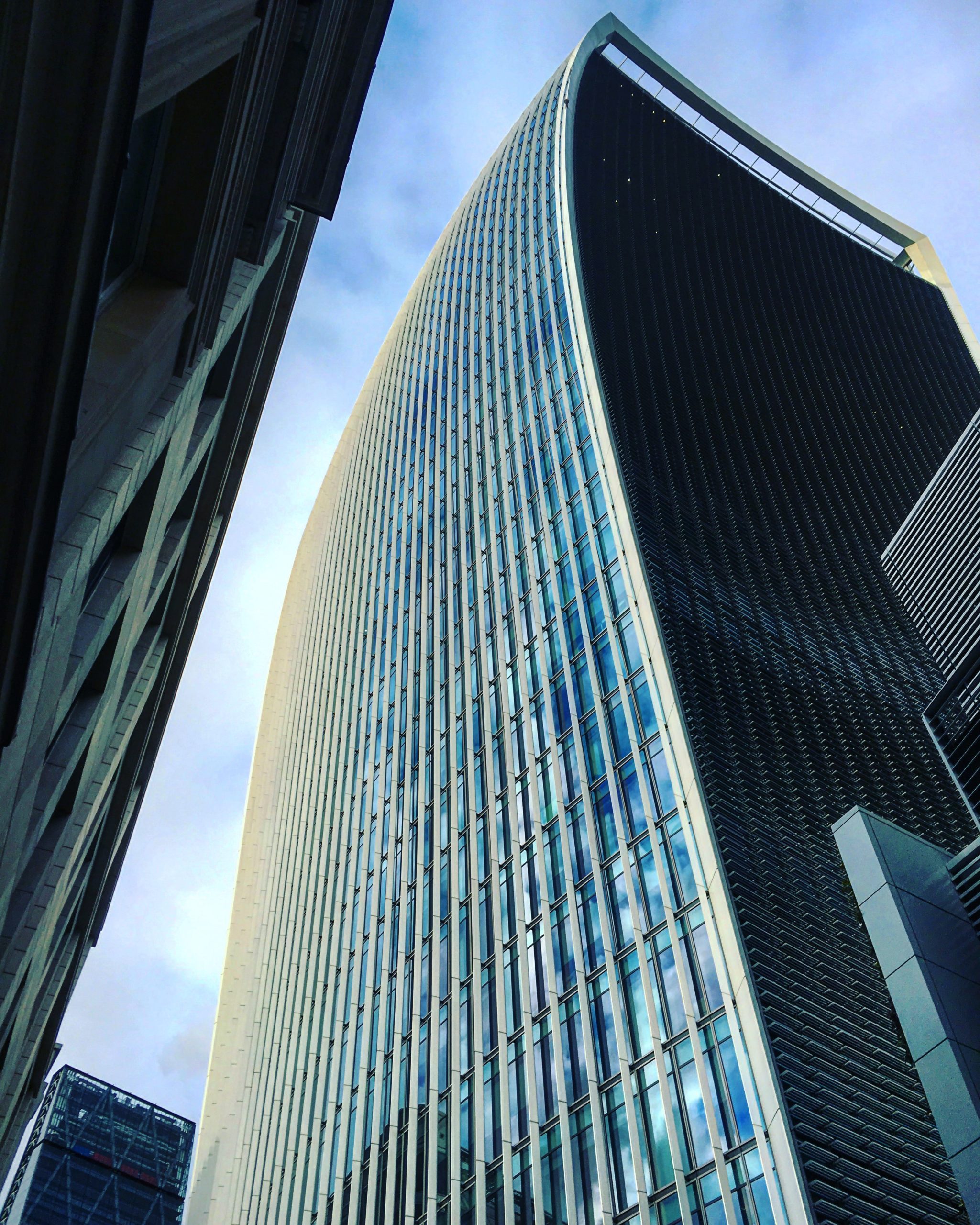

Not Haggai at all! But I thought it might vaguely pick up where Haggai finished, and it’s a psalm that I thought might also help us look ahead to Easter. Certainly it ought to do us good.
This is a Psalm that celebrates the love of God – see how it begins and ends (vv.1-4, 29) – a love that has worked salvation for the psalmist, a love that we are all called to delight in. It may originally have celebrated a victory for one of Israel’s kings, but it points forward to the victory of Christ. It is a messianic psalm – looking forward to the coming Messiah. Verses 25 and 26 were taken up when Jesus rode into Jerusalem on Palm Sunday (“O LORD, save us” is the one word prayer “Hosanna!” in Hebrew), and as people took palm branches they did so in accord with v.27. The stone, or capstone, became a messianic metaphor, picked up by Isaiah (see Is.28:16 and 8:14) and v.22 is also quoted by Jesus and applied to Himself in his Parable of the Tenants (Mark 12:1-12).
Consequently, rather than moving too quickly from the psalmist’s experience to our own, it would seem better first to consider how the psalmist’s experience foreshadows the experience of Christ, before we then consider how in Christ we can sing this too. We really fit most readily into the psalm as those addressed by the psalmist and as the “us” of vv.23-27.
The psalmist explains how the LORD had answered his prayer and saved him (verses 4 and 21). Exactly what his situation had been is not entirely clear, though he had been in “hard pressed” (v.5), “surrounded” (v.10), and all but overwhelmed (v.13). But the LORD had helped him and “done mighty things” (vv.15,16). The NT suggests that his experience is one we too can know – Heb. 13:6 applies v.6 to Christians – and the psalmist himself makes a general application to us all from his own experience (vv.8,9), but in the first place I think we should look to see foreshadowings here of the experience of Christ. He was in anguish (eg Gethsemane), surrounded by hostile peoples. His enemies may have thought they were looking in triumph on Him, but on the cross His greatest victory was won. Verse 14 is taken from the Song of Moses (Ex.15), sung after the crossing of the Red Sea – as though for the psalmist this deliverance makes him remember and celebrate God’s greater acts of rescue in the past; in Christ though an even greater, not lesser, salvation than at the Red Sea was wrought through the mighty hand of God. The psalmist’s rescue leads to joyful praise “in the tents of the righteous” (v.15), as of course Christ’s deliverance from death should all the more lead to joyful praise from us.
Verses 19-21 seem to describe the psalmist entering the Temple. The “righteous” are those living in right relationship with God, and his experience of salvation has demonstrated the reality of that relationship, hence his boldness to enter. In a fuller sense though, Christ uniquely meets the requirement and wonderfully has entered the gates of Heaven “on our behalf” (so Heb.9:24)
“This is the day the LORD has made” is how the old NIV used to translate v.24, but now more helpfully “”The LORD has done it this very day”. Today is the Day of Salvation, a day to revel inwhat God has done through his chosen one – the one God has made the capstone. In Him the light of God shines on us, and through Him we are brought into the very presence of God. (v.27). The final two verses are the words of the psalmist, but we are called to join in his thanksgiving and praise.
For further insight, Alec Motyer’s comments in the one volume New Bible Commentary, which I would guess a number of you might have – it’s well worth having and using! – are helpful.